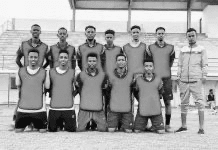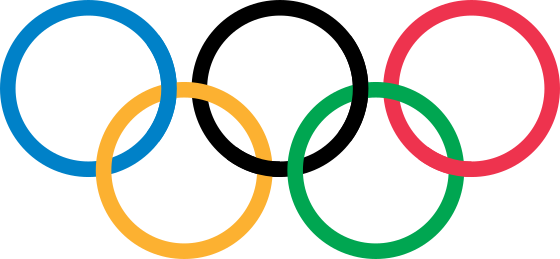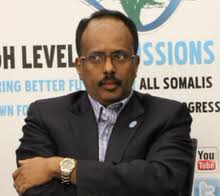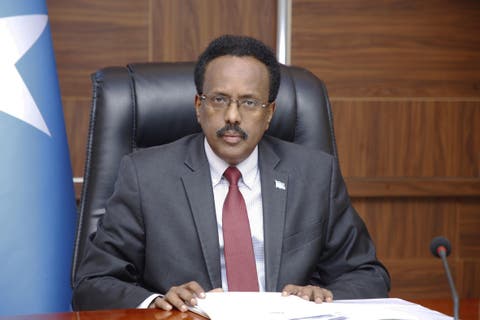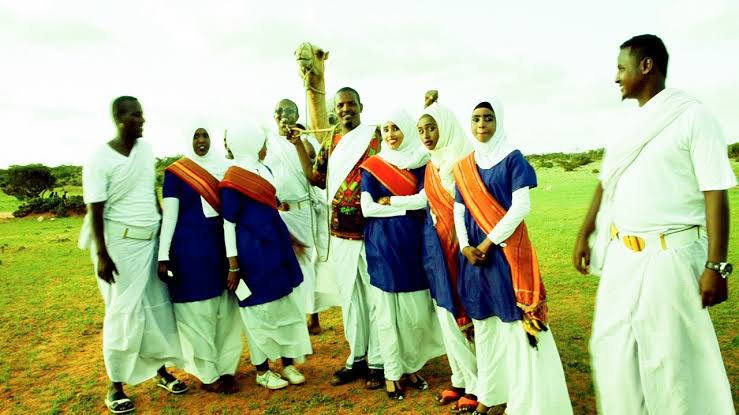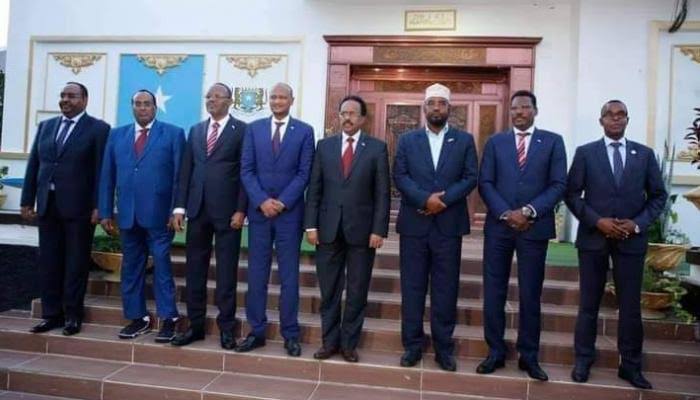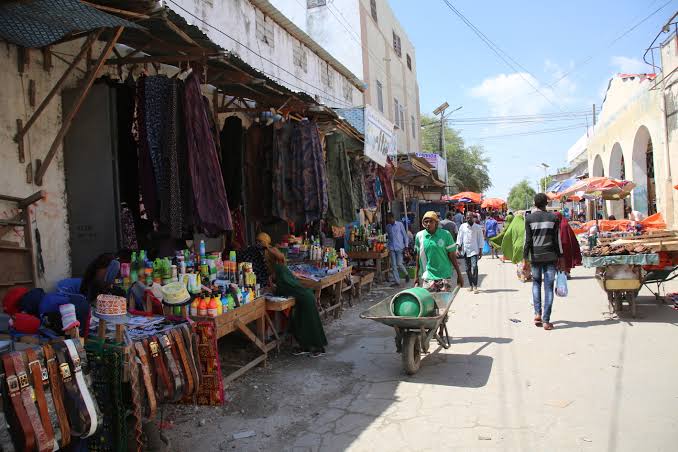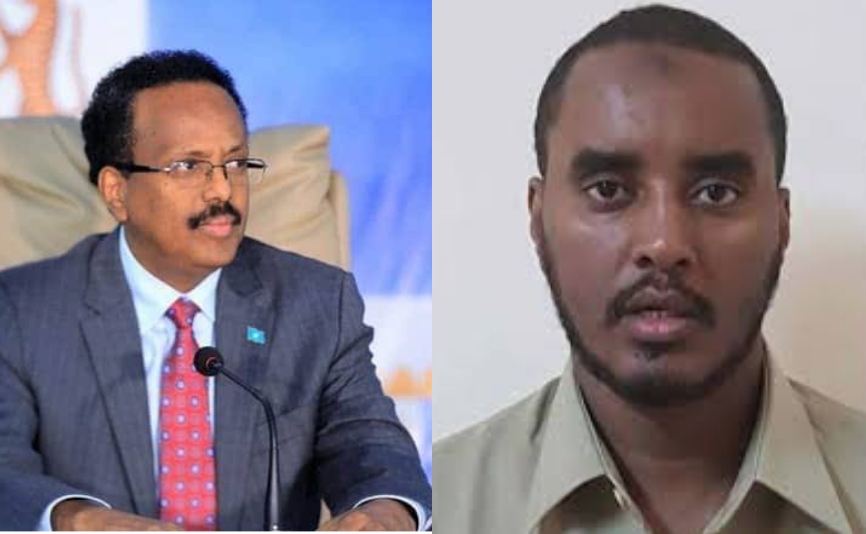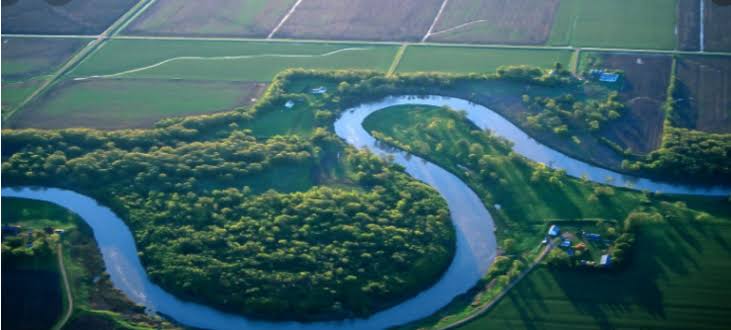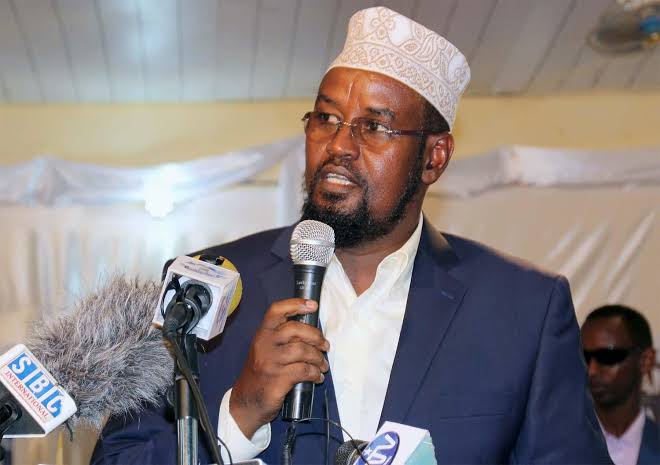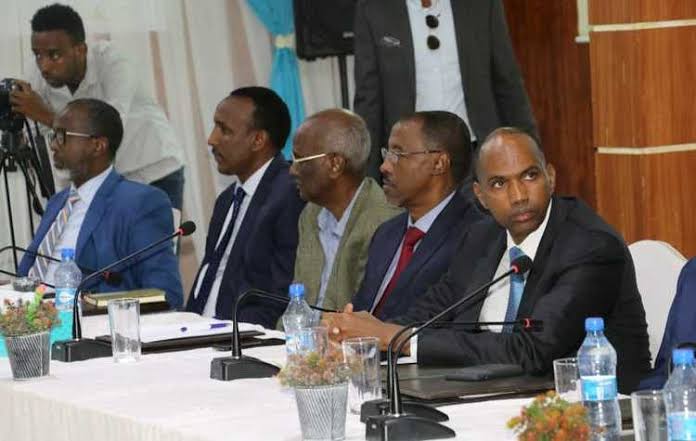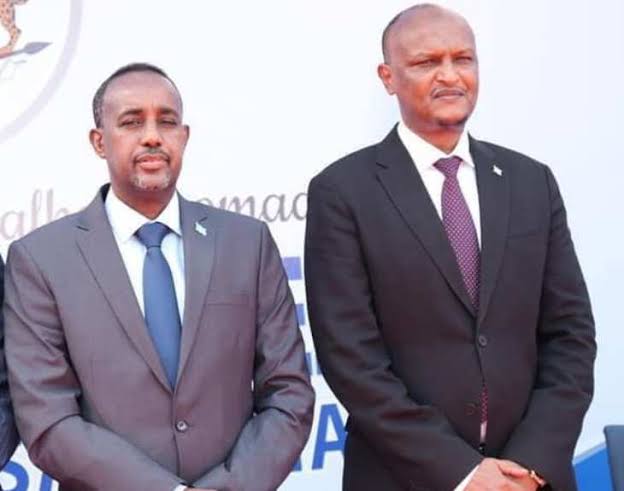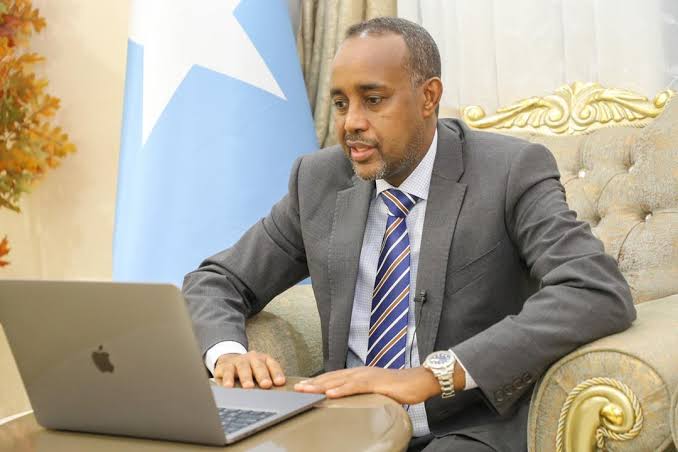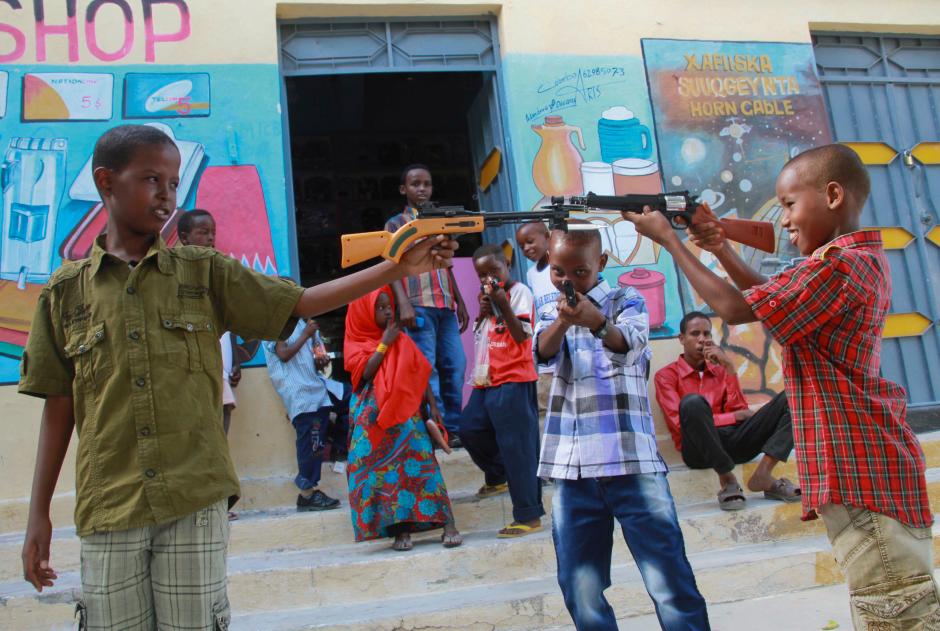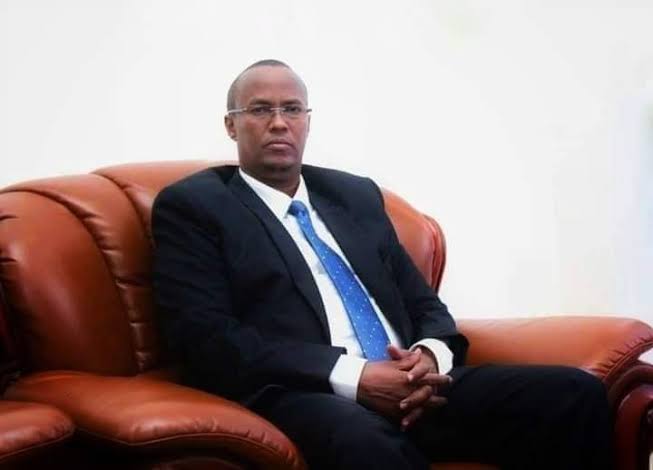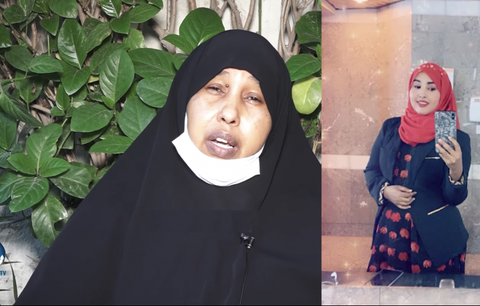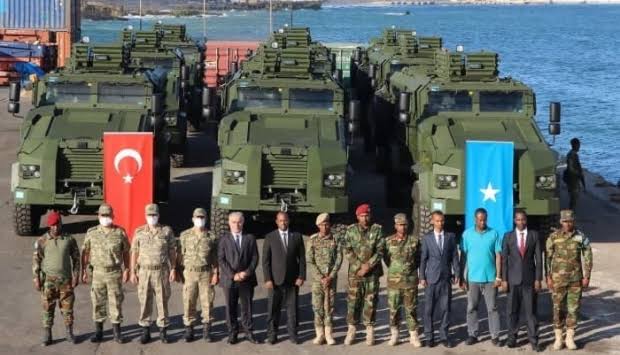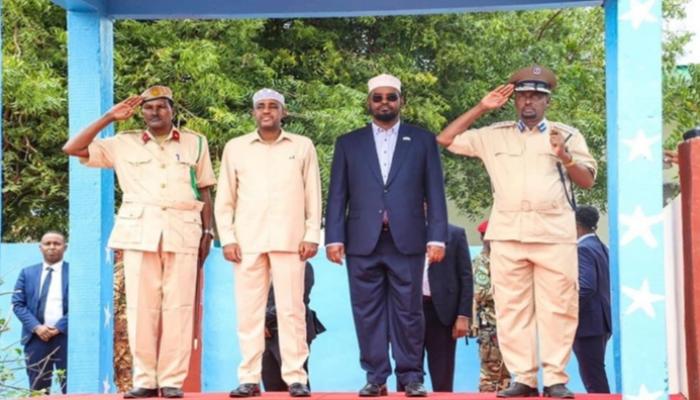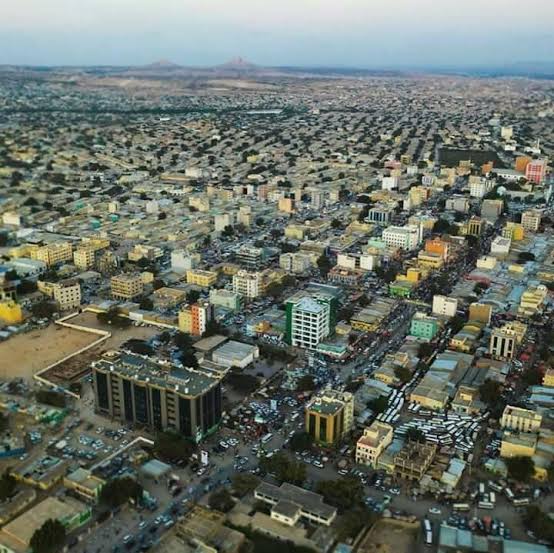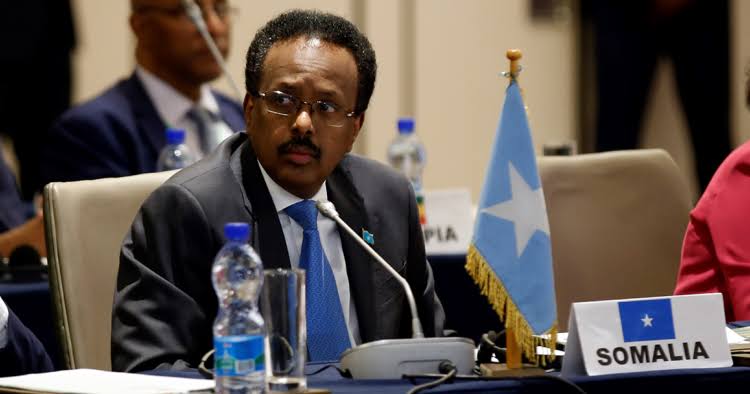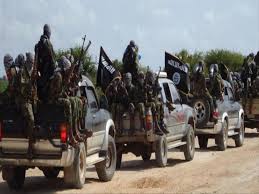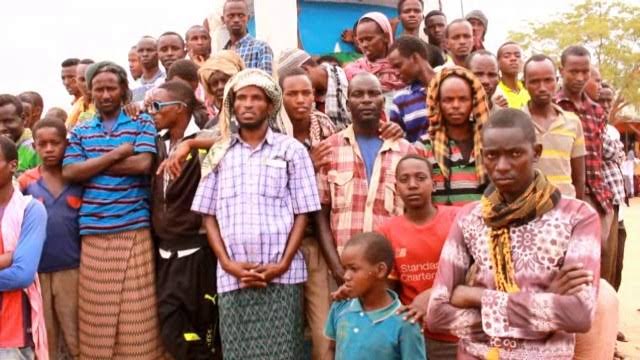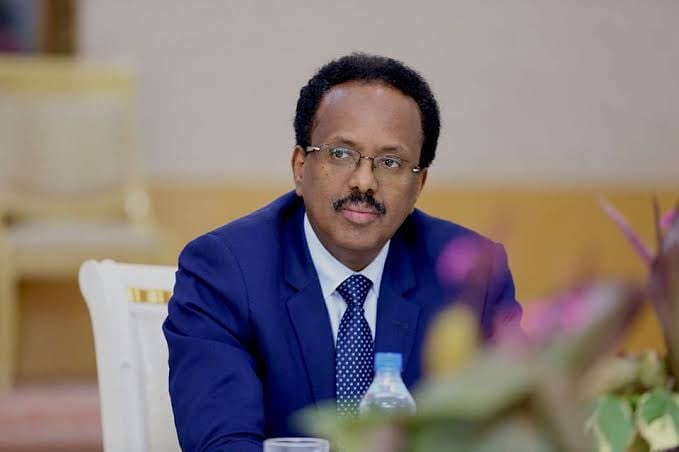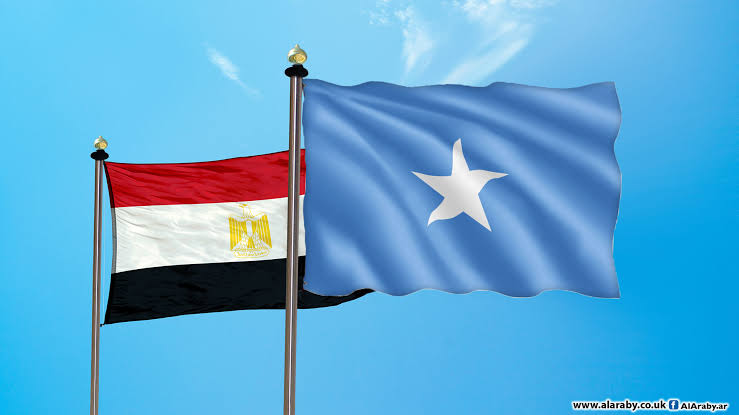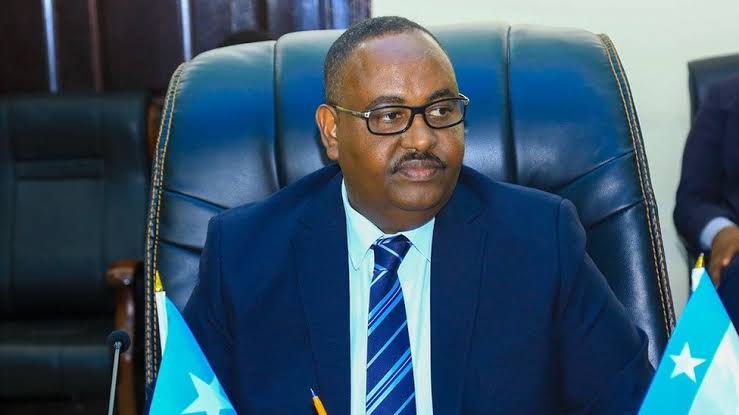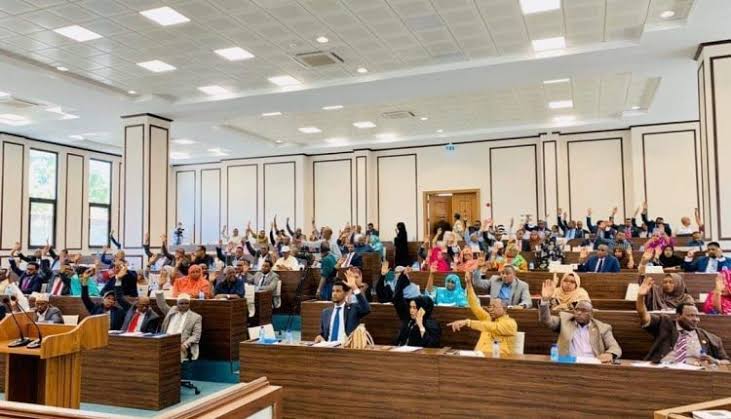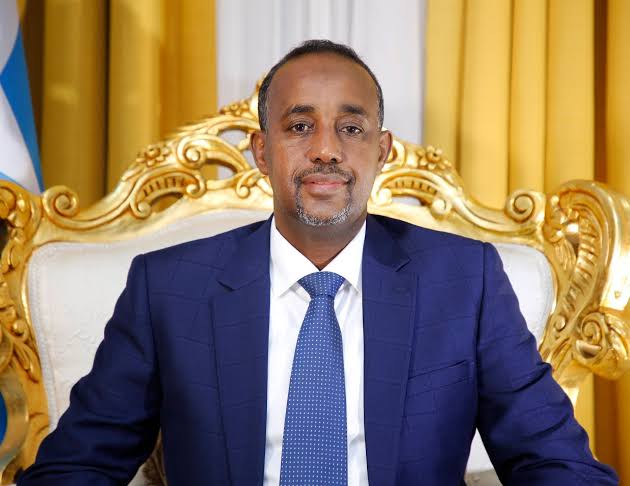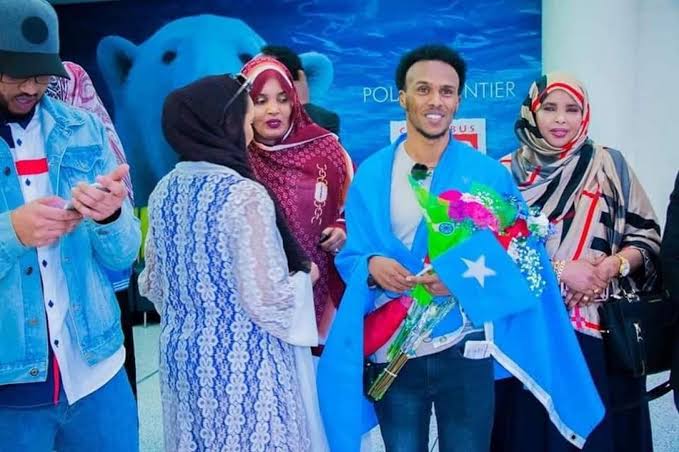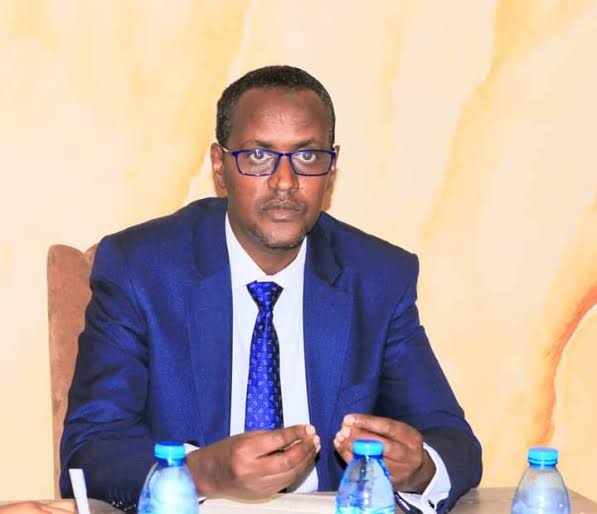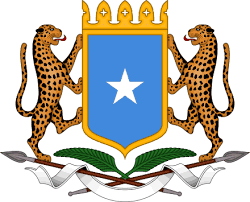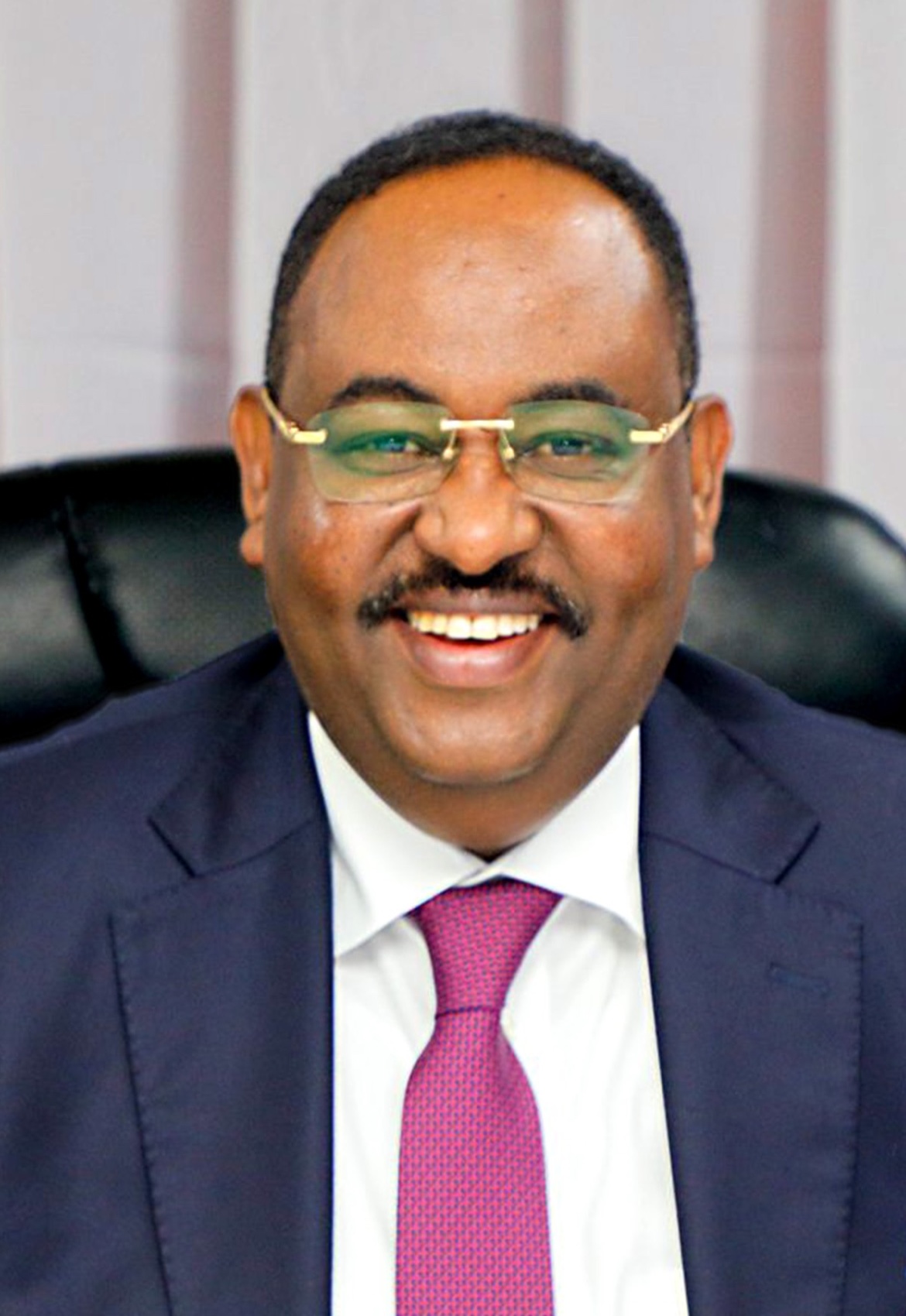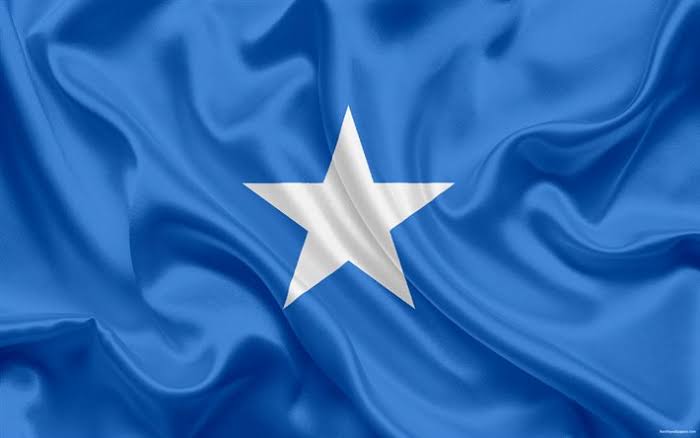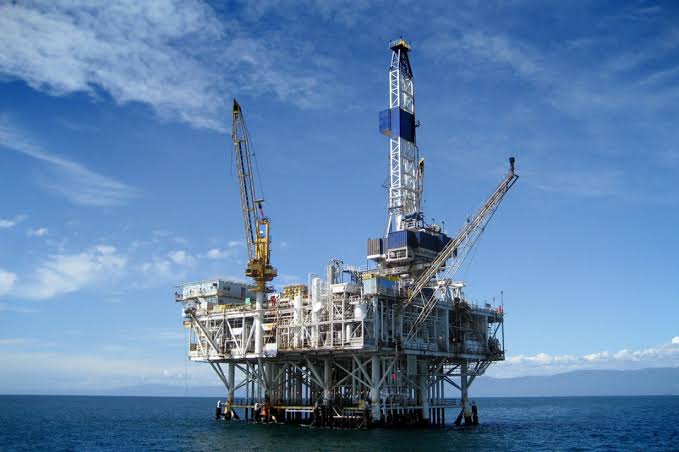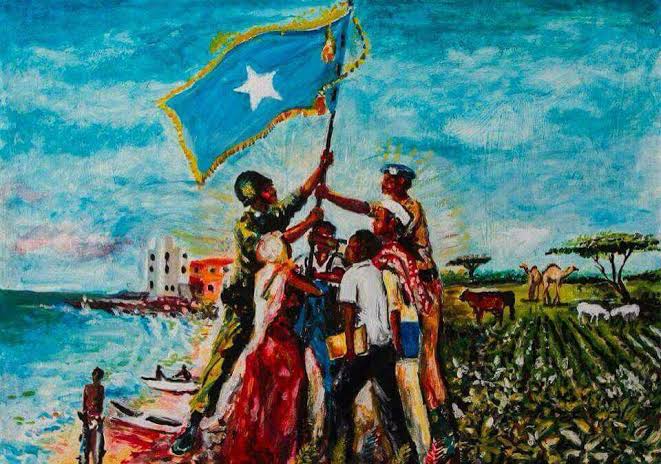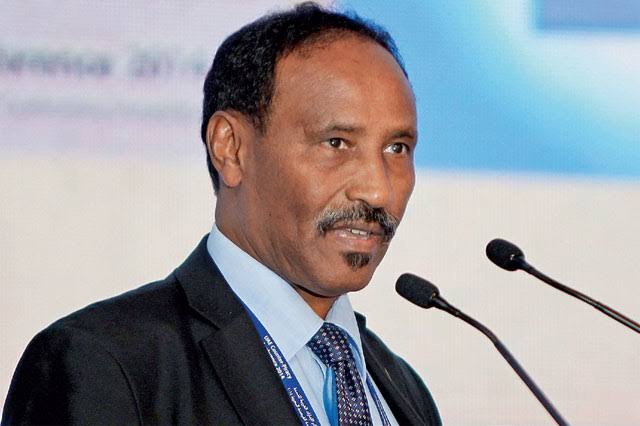Somalia's elections have been postponed again after the new election timetable for the Upper House elections began on July 25th, which falls on Sunday.
Apart from the controversy over the electoral commission of the northern parliamentarians, there is no other political obstacle, which has prevented the regional administrations from holding the elections.
Let alone holding elections, some states have not even set up parliamentary committees to hold elections to the Upper House.
However, as Capital Online has learned, holding the election now faces a new challenge, a political game between the international community and the country's regional administration leaders, based on the cost of the election.
According to Capital Online, the international community has refused to pay up to $ 40 million for the election, on the condition that the Upper House elections be completed first.
That amount is only required by the federal government to pay four million, while the rest, of 36 million is expected from the international community.
The concern of the international community is that if it pays, it could be used in other ways, and elections will not be held, justifying the countless delays that have already taken place.
The international community also believes that the election of the Upper House does not require any expense, or if it does, it does not cost much, as the members of the Upper House elect the members of the regional administrations, who are already in office.
According to the international community, most of the costs will be borne by members of parliament, who will elect delegates who need to be brought together, accommodated in hotels, trained, and paid for over time.
Representatives of the international community, therefore, argue that they will release the money after the Upper House elections.
For their part, some regional administration leaders argue that they are facing widespread financial hardship, while others fear that if they pay out of pocket, it will not be reimbursed.
The only regional administration so far fully committed to holding Upper House elections is Jubaland, which has a special political interest in holding elections.
Ahmed Madobe wants to complete the Upper House elections in July, to strengthen his legitimacy.
In a July 14, 2020 statement from the federal government, it said it had recognized Ahmed Madobe as interim president of Jubaland, for two years, beginning in August 2019, when he was elected.
Ahmed Madobe dismissed the statement from Villa Somalia on the same day as illegal and irrelevant.
However, Capital Online believes that Ahmed Madobe is still concerned about the situation, and that if he does not run in the by-elections, his ability to run in the elections could be renewed.
In addition, the Gedo regional administration affiliated to Villa Somalia has announced that it will form a new administration for Jubaland by August, indicating that Villa Somalia is working on a new crisis.
The governor of Villa Somalia, Ahmed Bule Canjeh, told the BBC that Ahmed Madobe's term ends in August and that the people of the region will form a new administration.
"At the end of Ahmed Madobe's term, no one will stop us from deciding our destiny. It is a decision made by the people of Jubaland, at home and abroad. It is interconnected. "Committees have been set up to implement the plan," said Ahmed Bule.
"Let him submit, but Ahmed's term expires on August 20th, no one can add one day, and anyone who wants to do so is ready to be questioned about the tragedy in that area," he added.
The endless delays in the election are being enjoyed by outgoing President Mohamed Abdullahi Farmajo, who is now in his sixth month without a seat.
Apparently, Farmajo will get at least one more year in his term which ends on February 7, 2021.

